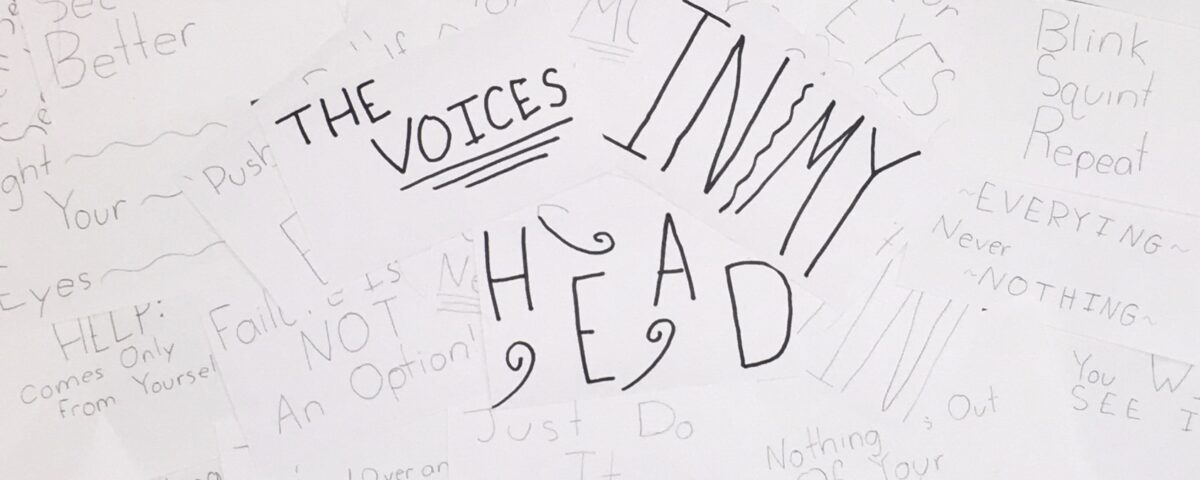Anxiety and Low Vision in School
This issue is most problematic when I am having trouble in school. I am not exactly the equivalent of a social butterfly. For the most part, don’t usually talk at all. Occasionally, when there is a handout or instructions on the board, the print will be too tiny for me to read. When this happens, I will get so stressed because I need to ask the teacher what it says.. I clamp up and get so scared that I mentally freeze. I never have any idea what to do. Usually I’ll start to freak out and possibly cry over the stress of the problem.
After a while I manage to calm down enough to figure out a solution. It is almost always easy and quick fix. Once it is all over, I feel stupid and embarrassed for getting so worked up over a tiny little problem that was solved in no time. It just seems so terrifying when it happens. It would be so much easier if I could see whatever small font or written directions that I needed to.
The Terrifying Teacher Incident
There was one particular incident in grade school that was probably the worst situation I have had to deal with regarding my eyesight. One of our graded assignments for that week was to identify vocabulary words by their definitions. We had to do this by reading the definitions off of a set of flashcards that the teacher had made and then announcing the correct word for the given definition.
When it was my turn to go back and complete the assignment, I was mentally trying to prepare for having to speak to a teacher. What I wasn’t prepared for was not being able to read the flashcards. When I saw how light the pencil markings were on the cards, I choked. For what seemed like the longest time I just stared at the card, trying to make out the barely visible words enough to identify what vocabulary term went with them. I was so scared I could barely breathe.
Then the teacher spoke in the snarkiest voice. Can you not see it or do you just not want to talk to me?
My breath caught in my throat and my fidgeting hands went still. I couldn’t believe this was happening. In a shaky, small voice, I admitted to not being able to see the cards and he rewrote the definitions in pen. I went through the cards as quickly as possible not caring if I got any of them right. Quickly walking back to my seat, I held back my tears so that the teacher would not see them fall down my face. I sat in my seat and silently cried until I could compose myself enough to finish my work.
I actually consider myself lucky because this was the only time I felt as if I was being judged for my low vision. No one else had before or since made a comment so harsh to me about my vision loss. To be honest, the experience was not even that bad compared to what some other kids with vision loss go through. It still hurt when it happened, though, and I can’t say that I have forgiven the teacher for the comment they made. Sometimes these things happen, especially with my personality. I just have to learn to live with them. That’s life.
For my latest school day troubles with low vision, check out my post, Back to School
![]()


1 Comment
Outstanding article, my great granddaughter is visually impared. She has great parents who are working with her and as this young lady did she will overcome. Thank you.J